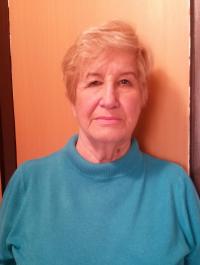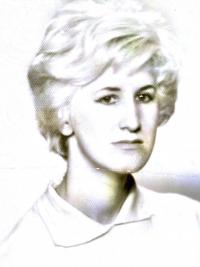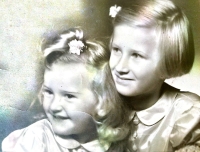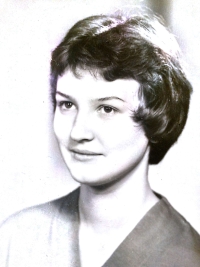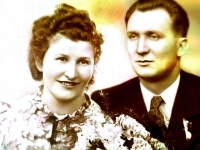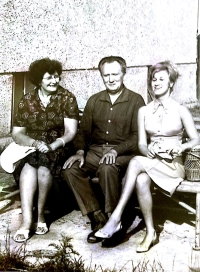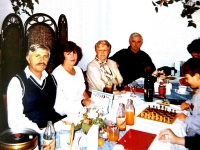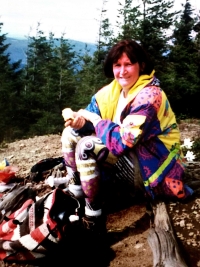The communists arrested my father and destroyed the life of the whole family
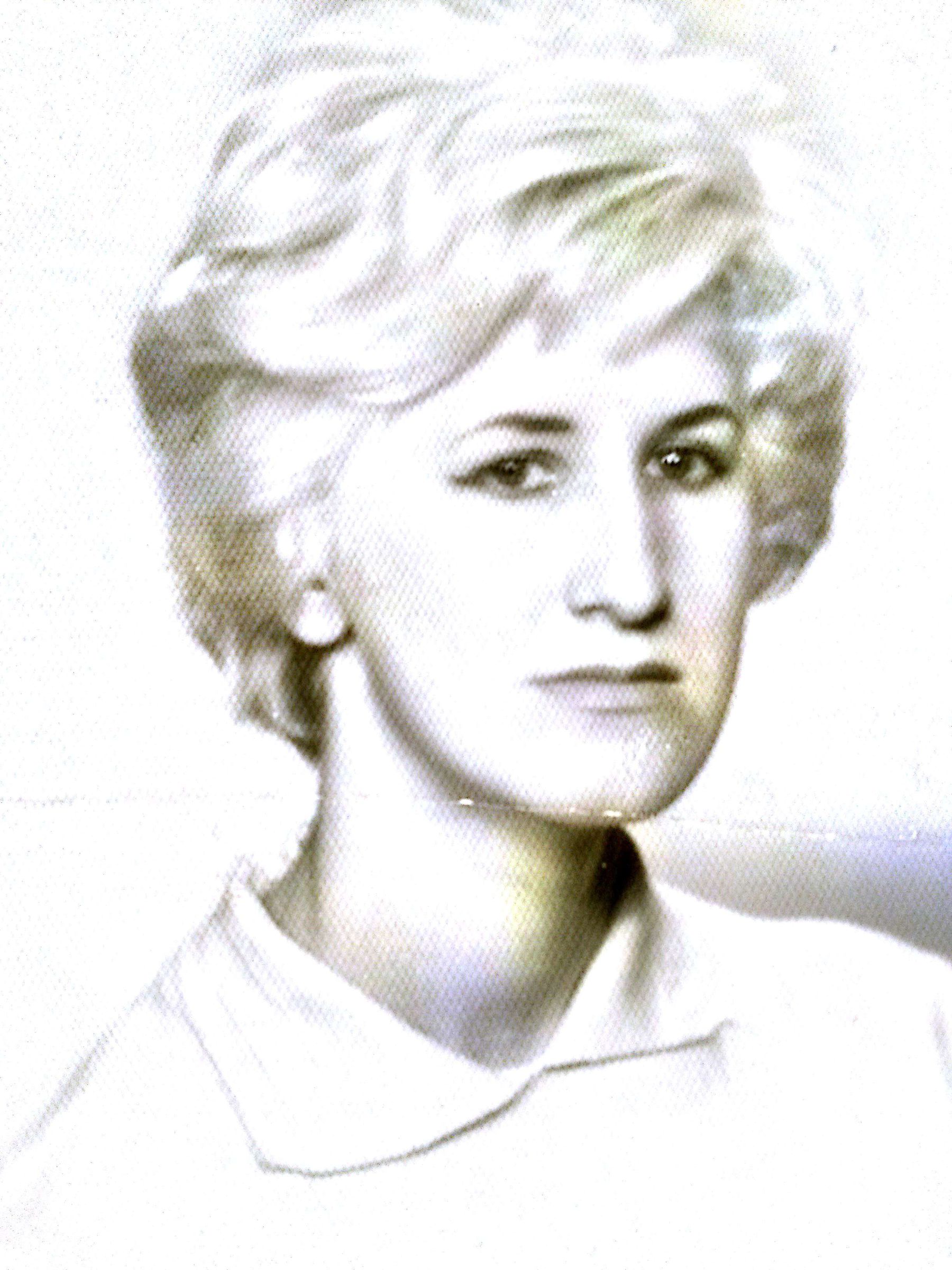
Download image
Jana Sargánková, maiden name Rettová, was born on January 23, 1940 in Ostrava. Her father was Ladislav Rett, head of the legal department of Ostravasko-karvinské doly and an active social democrat. Due to his disagreement with the transition of the Social Democratic Party to the Communist Party after the February coup in 1948, he was deprived of his job and had to work as a laborer. In 1954, he was arrested and sentenced to 11 years in prison in a political trial. The witness then grew up with her sister, mother and grandmother in modest conditions until 1960, when her father returned for amnesty. She couldn’t study at university because of the personnel crisis. Even after the father’s return, the family was further persecuted, e.g. they discovered that they were being eavesdropped at home by State Security. Jana worked for 30 years in the regional cultural center in Ostrava. Her childhood experiences made her resent the communist regime throughout her life. Her sister Eva, married as Vláhová, joined the work of the Confederation of Political Prisoners after the November coup in 1989 and founded the Association Daughters, which unites the daughters of political prisoners.
